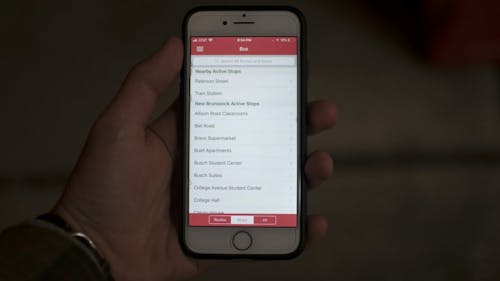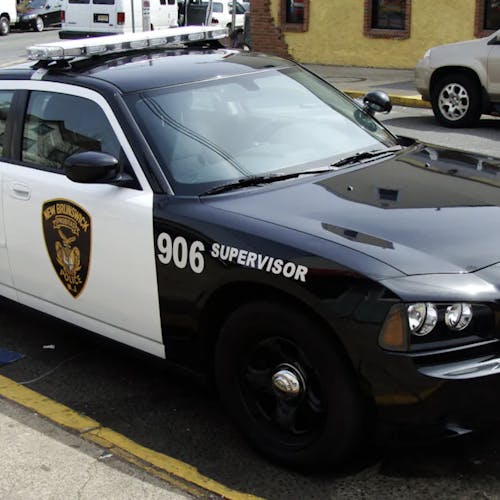Rutgers buses experience temporary location service malfunction

Rutgers buses were unable to utilize location services this Tuesday leading into yesterday due to a system malfunction.
Nextbus, the mobile tracking service used by University buses, experienced nationwide malfunctions across all its carriers, leaving students unable to check what time the next available bus was coming.
The Rutgers University Department of Transportation Services posted on its Facebook page at 5:50 a.m. on Tuesday, informing students that buses were experiencing technical difficulties and that the situation was being monitored.
Services were back and running around Wednesday afternoon, said Jack Molenaar, senior director of the Department of Transportation Services (DOTS). Transportation services contacted Nextbus the moment they realized services were down, looking for preventative measures to ensure that the system kept running.
“The last thing we wanted is for the company that provides us with the tracking to not work on the first day, the first two days of classes,” he said. “It’s back up now and we were pretty much on top of it right when it stopped and we reached out to the company asking them what was going on.”
Since their partnership in 2006, transportation services has never had an issue with Nextbus, but failure of its tracking services occurred twice over the last 48 hours, an occurrence which Molenaar said is “fairly rare.”
Molenaar said transportation services plan on phasing out Nextbus in exchange for a newer system, Transloc, by sometime next September, a decision which he said is unrelated to this incident.
“We were working with our provider First Transit on a couple of different issues, and one of the issues is changing the on time reliable to a system that’s been labeled better than Nextbus,” he said. “It will give you as a rider more information and will have a separate app where you can see a map of exactly where the bus is, too. It will have the arrival time and the location.”
In addition to a new system, Molenaar says they are looking into adding wifi on University buses. Whether buses carry RU wireless or their own personal network has yet to be determined.
“What we do is we track what happened, what we did and then what notifications we put out,” he said. “We put stuff out, we let RU info know, we put signs up, we did as much as we can to notify, but it’s hard to do that when you rely on an app. How do you notify someone when the app’s not working?”
This is not the first time Nextbus has experienced regional failures. During 2013, its makers received more than 7,000 angry emails from customers in response to a blackout of the program’s features that service the Washington, D.C. metro system, according to Slate.com. Nextbus systems are used at more than 50 universities and transit systems across the country, including Rutgers Newark and Camden, according to its site.
Molenaar said he was thankful that the system’s outage did not happen during September, a time when first-year students familiarize themselves with the University’s transportation services. He said that students saw flashbacks to 2006 when finding the next available bus required them to peer their heads down the street.
“I’m glad it’s working right now, and hopefully it’ll work tomorrow,” he said.



